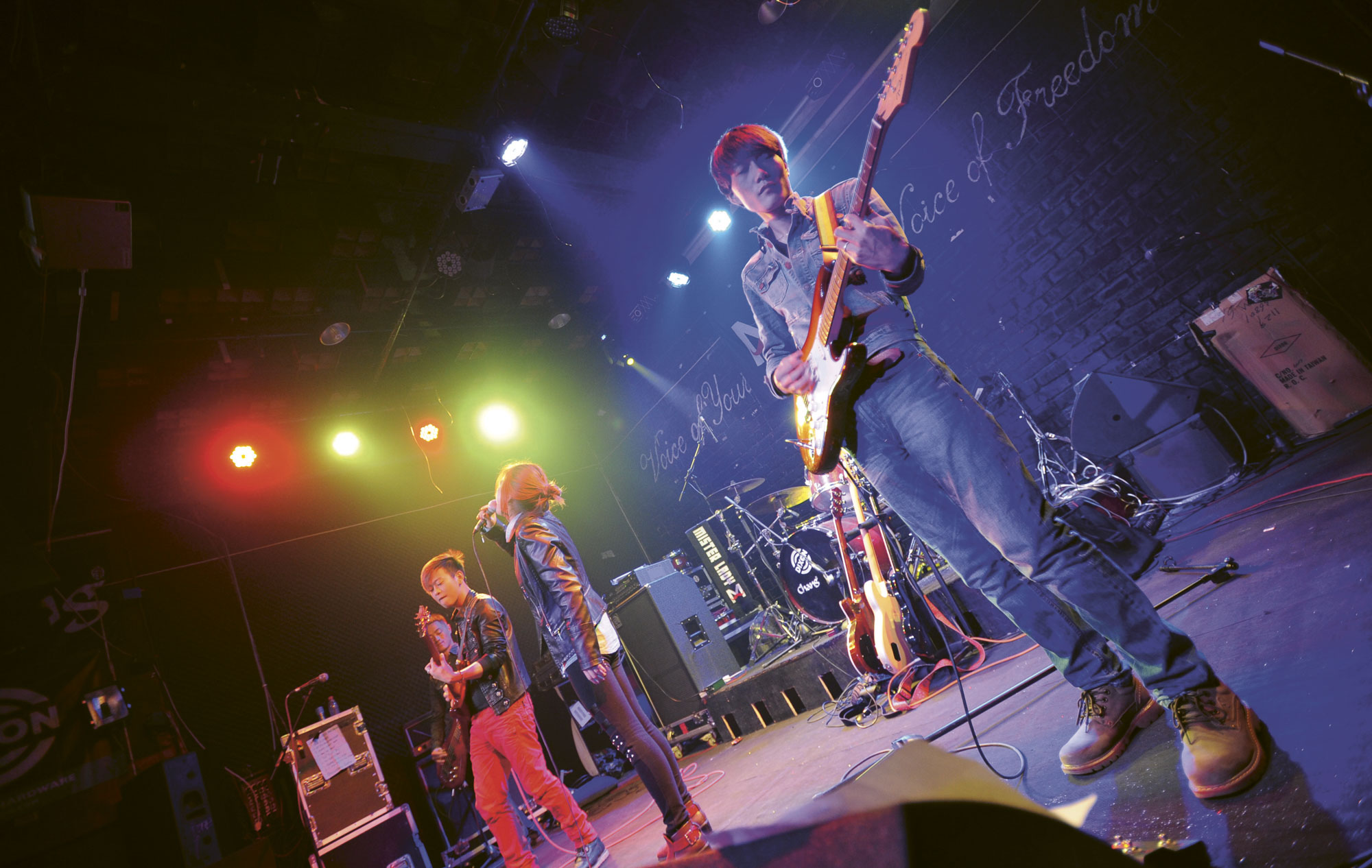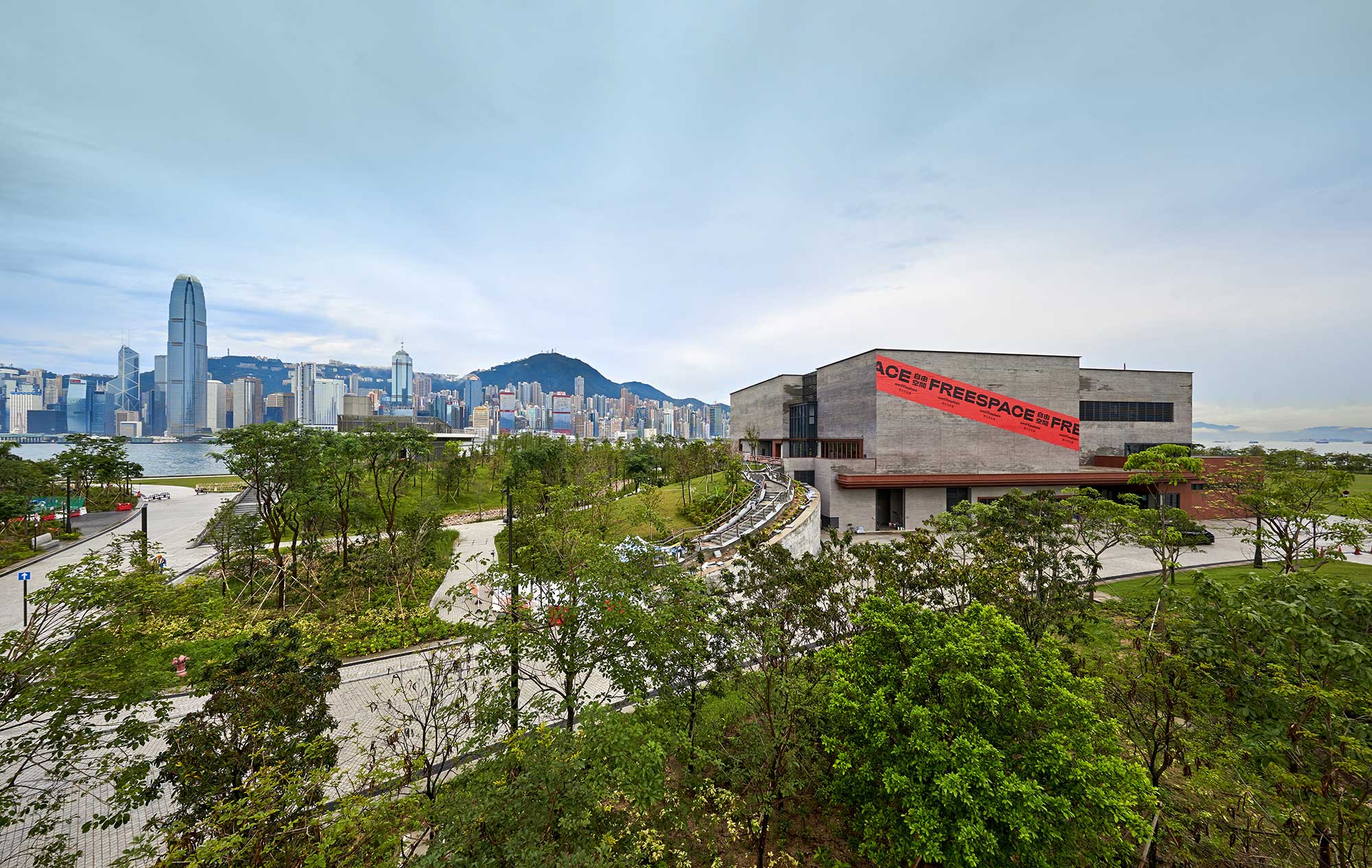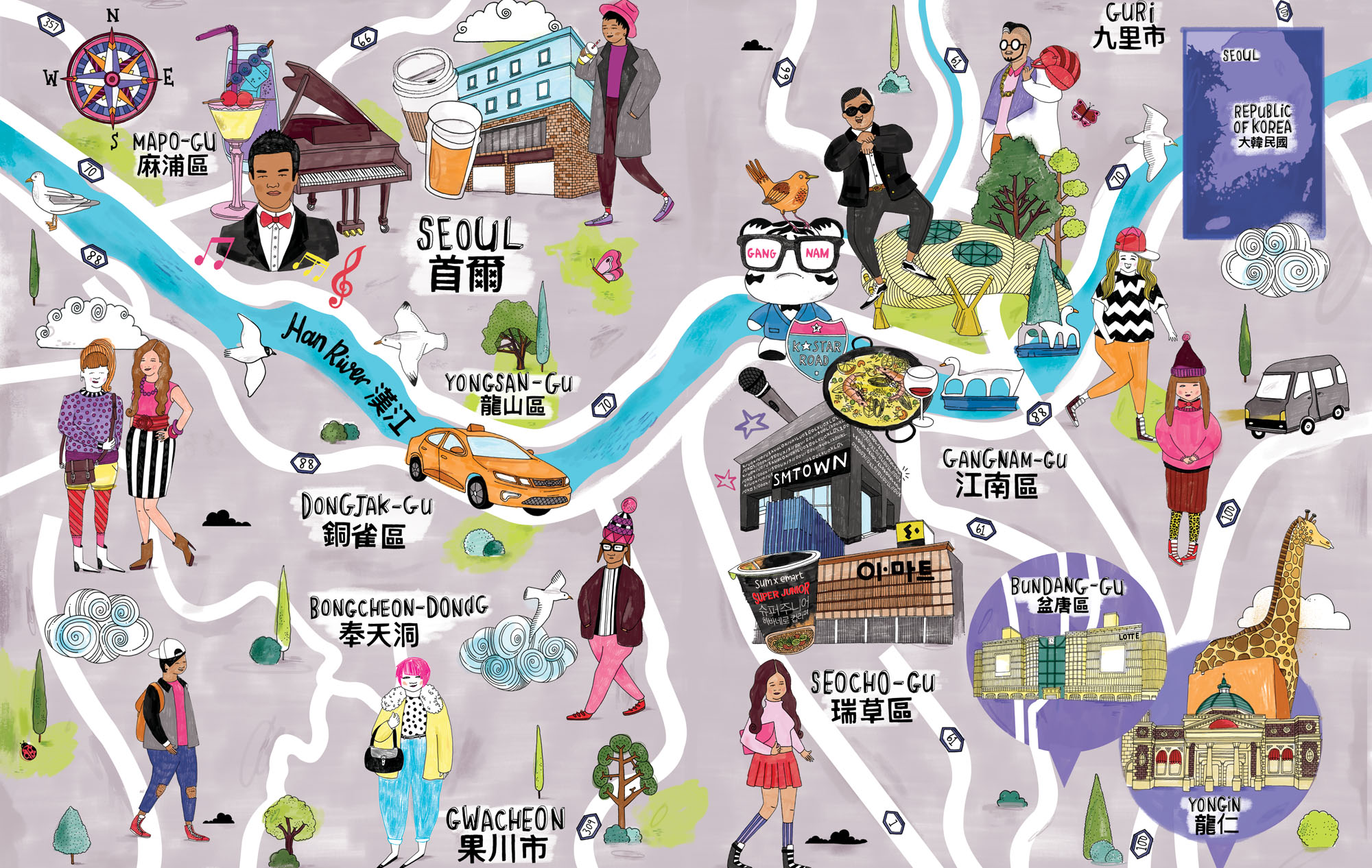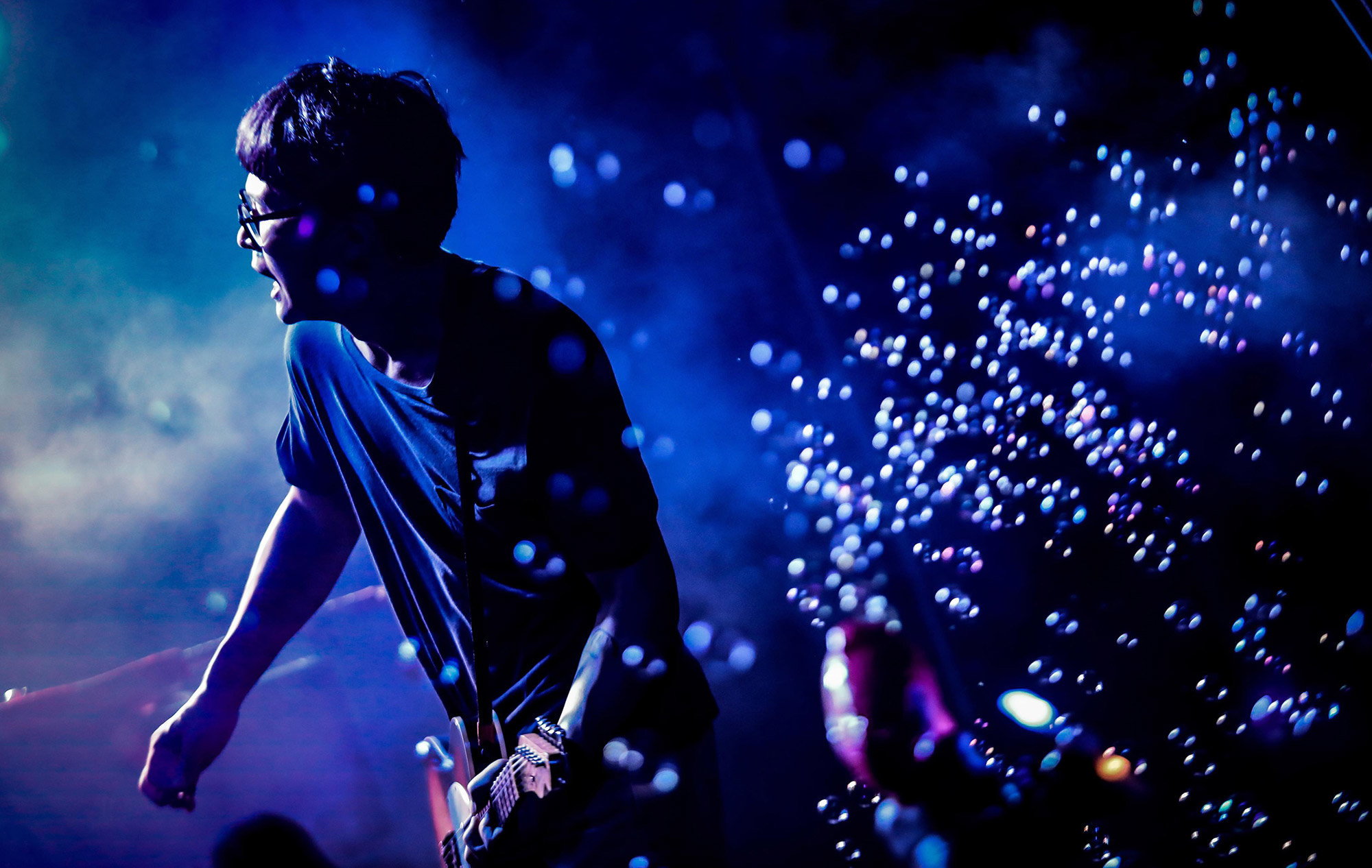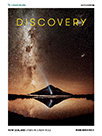Just as China’s geography varies greatly across its vast territory, so too its contemporary culture bends and flows to suit a given place. China’s urban music scenes each have their own character shaped by the cities. Here are five interesting nodes on China’s sonic map.
Shanghai
Electronica Rising
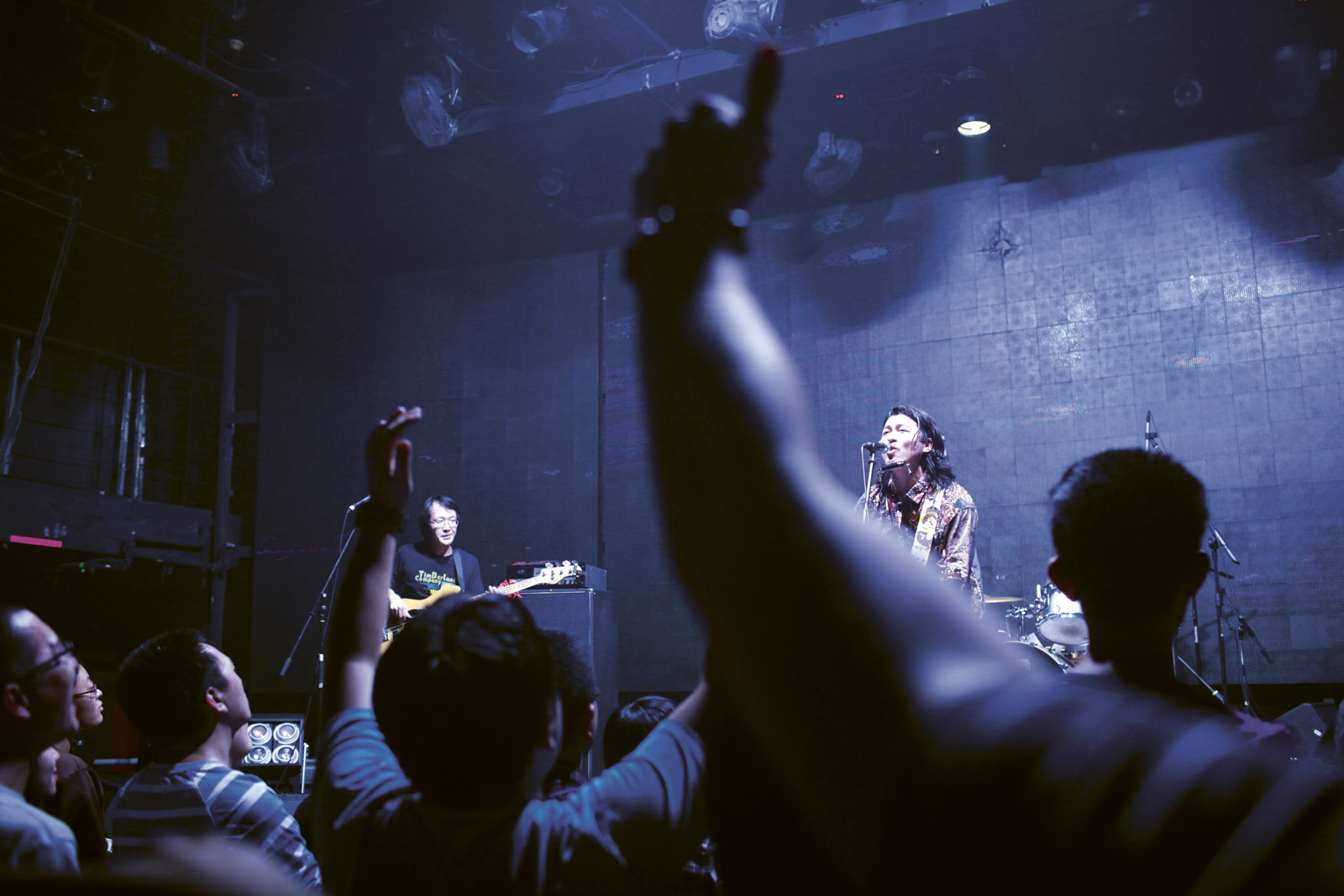
Shanghai is the Chinese mainland’s financial heart, and its musical landscape is coloured by its long history as an international city. Jazz took root there in the 1930s, and to this day Shanghai has China’s strongest jazz scene, regularly attracting first-rate talent from around the world. But Shanghai’s 21st century sound is more electronic. Some of the most interesting and innovative music being made in Shanghai today comes from young people who gather in the city’s many underground dance clubs, refining globally trending sub-genres like footwork (a dance style and sound originally from Chicago) and future bass (a catch-all term for club music heavy on the low frequencies, like dubstep and grime) and reworking them into a distinctly local product.
Digital sounds are the natural backdrop to Shanghai’s glittering, LED-heavy cityscape, says Han Han, who as leader of the rock band Duck Fight Goose and a solo electronic music producer is one of the city’s most prolific cultural figureheads. Han Han can be seen on any given night pushing his own hyper-digital compositions in one of the city’s leading underground clubs, such as the recently opened ALL. ‘Most of the sound that you hear now is digital,’ he says. ‘We’re listening to MP3s on our computer, that’s purely digital. It’s just bits, binary stuff.’

Click here for more information.
Chengdu
Home of Hip-Hop
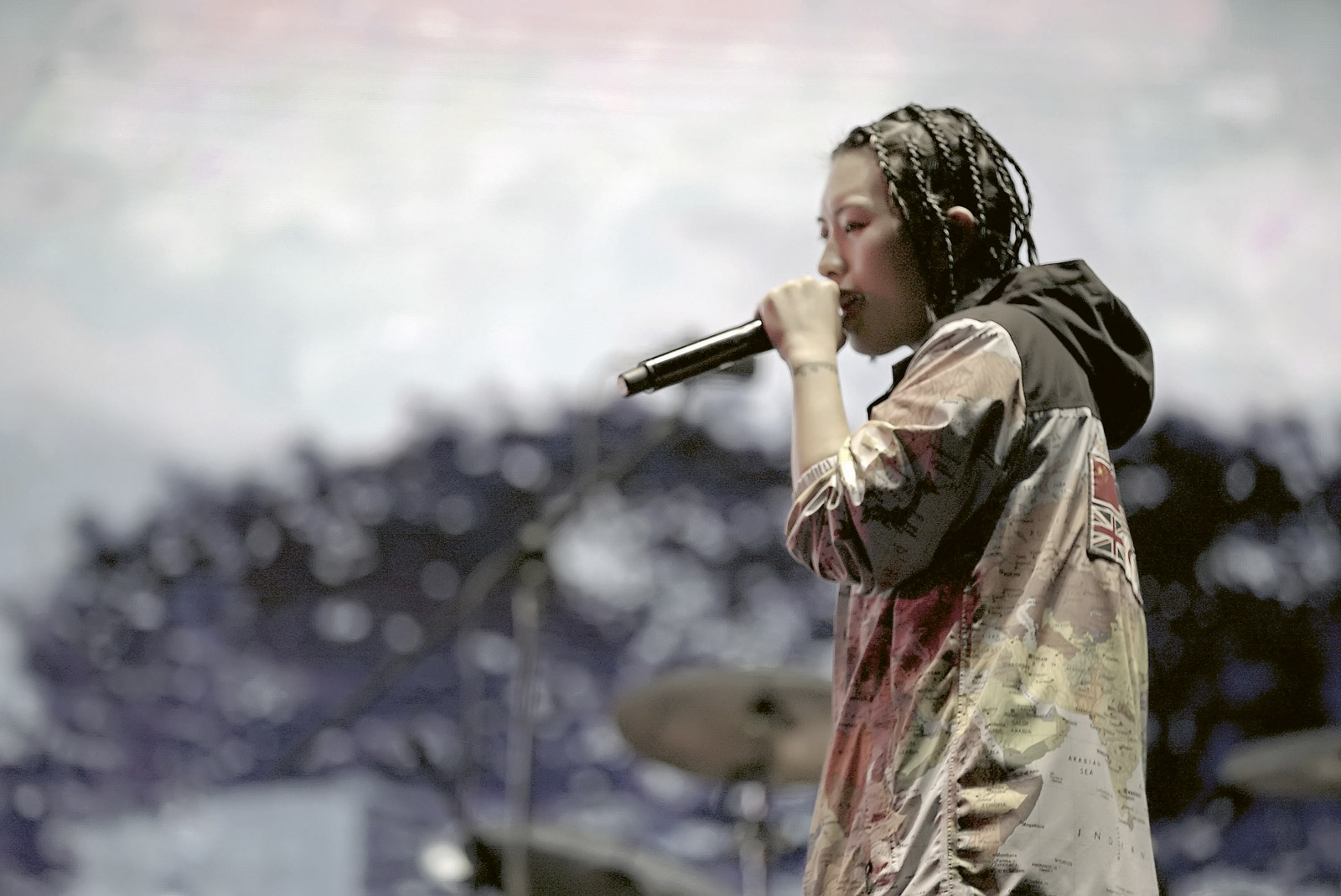
Chengdu, capital of the southwestern Sichuan province, is another dot on China’s music map that’s exploded over the past few years. It’s got the most buzz on the strength of a few breakout rappers, including the Higher Brothers crew and Fat Shady, who shot Chengdu’s scene into the international spotlight with a breakout performance on the Sing My Song TV talent competition in early 2014.
Beyond the trap-rap hype, Chengdu has also emerged lately as a new hub of innovative, futuristic rock’n’roll.
The band ST.OL.EN, for instance, has recently spent time in the studio with legendary Manchester musician and producer Mark Reeder, who brought Joy Division to Berlin in 1980. Liang Yi, ST.OL.EN’s singer, says that Chengdu has ‘a comfortable and slow feeling’ compared with bigger cities in China. ‘This is actually quite suitable for the creation of music and art. You have more time to conceive your music, to choose the right path. Not like in Beijing or Shanghai, where most of your time is spent making money.’ Later this year ST.OL.EN will take their sound overseas, travelling to Berlin to record a full-length album with Reeder.

Click here for more information.
Beijing
Go underground
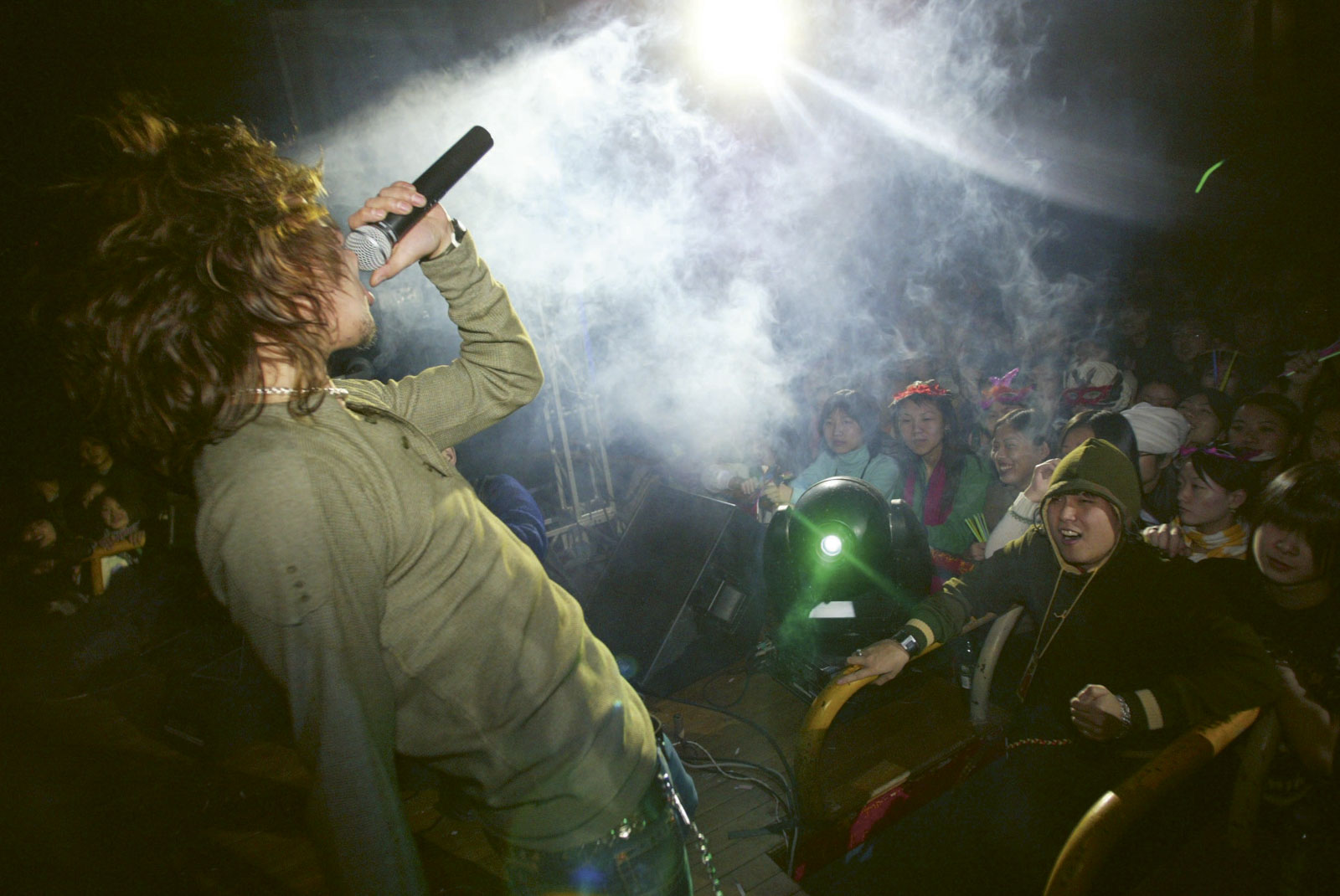
China’s capital is the heart of the country’s underground music culture. While Beijing maintains a longstanding cultural rivalry with Shanghai, and some of the other cities on this list have started to syphon off its cultural clout, there is still no other city in China with as many venues dedicated to live music, all virtually overrun with itinerant musicians attracted to Beijing from across the country.
Beijing native Liu Xinyu, a member of psychedelic rock band Chui Wan, which have just released their third album with an international tour taking them to the US and Europe, says the city’s character comes from its status as a beacon for aspiring artists around China. The band’s three other members come from the farthest corners of the country – Harbin in the northeast, Guizhou in the southwest, and Ningxia in the northwest. Liu says when his bandmates moved to Beijing, they found more people they had an affinity with than in their hometowns. There’s also a thriving sub-stratum of daring underground culture to feed the creative process, Liu says. He and bandmate Yan Yulong are both active members of Beijing’s experimental music scene, a dynamic testing ground for ideas that ultimately get incorporated into their band and shared around the globe.

Click here for more information.
Dali
Folk and Freedom
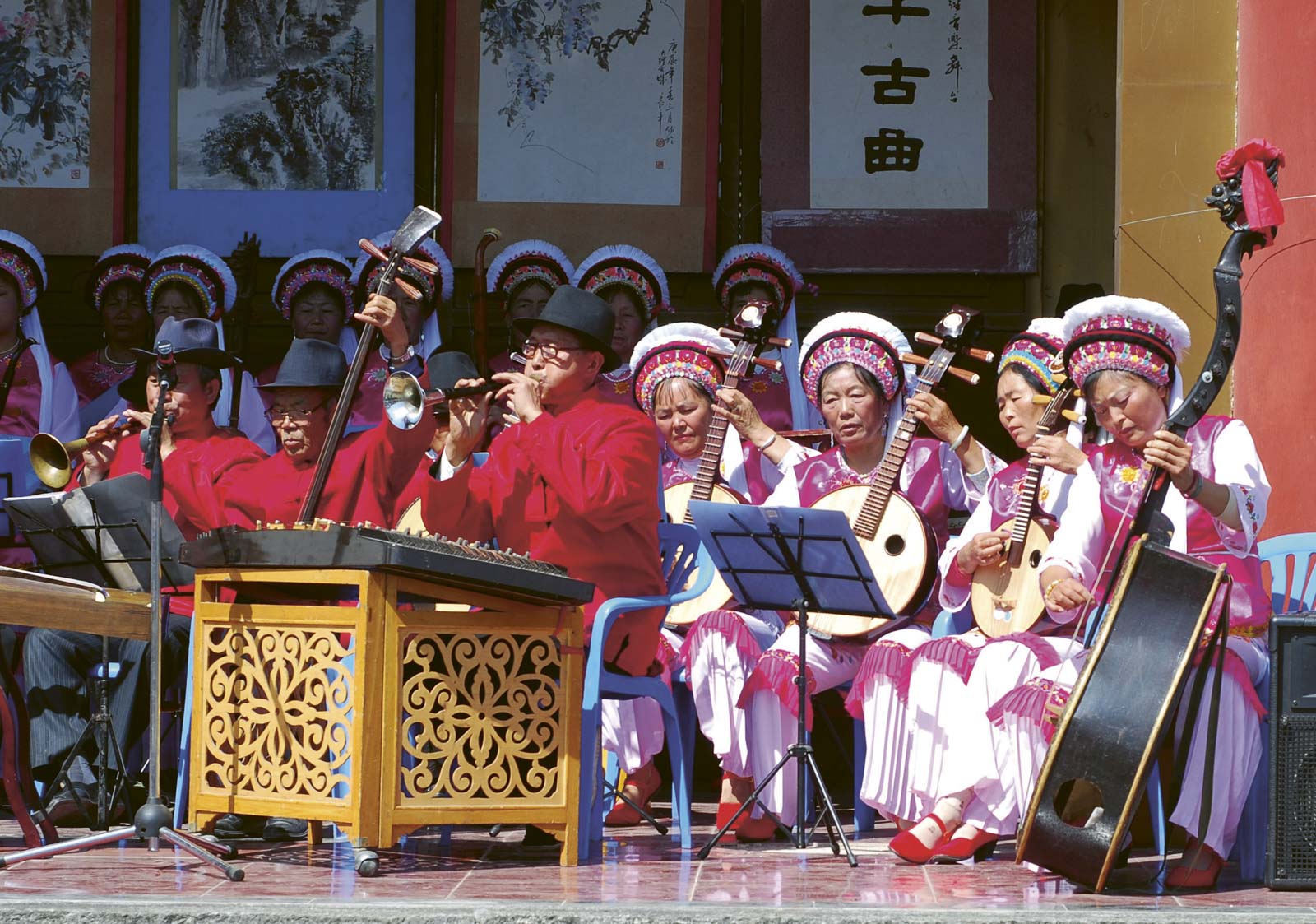
Much quieter than all the others on this list, Dali is a small provincial town in Yunnan province, best known as a stop for tourists seeking its gentle climate, cultural diversity (it’s home to several of China’s officially recognised ethnic minorities) and breathtaking scenery.
Befitting its location between rolling Himalayan foothills and a large freshwater lake, Dali’s music scene is characterised by softer sounds. For decades it’s been a haven for folk musicians, which include singer-songwriters with acoustic guitars as well as musicians playing traditional instruments and ethnic minority tunes. Dali has also attracted nomadic figures such as Huanqing, a musician who builds lyres and creates field recordings of traditional music, and Li Daiguo, an American-born multi-instrumentalist who specialises in cello, the lute-like Chinese pipa, and the African mbira.
Among Dali locals, a few louder, more modern forms of music are creeping into the mix, such as electronic dance music. Jason Dalee, who runs the programme of one of the city’s most thriving clubs, DM+B, says ‘the most unique thing about Dali’s electronic scene is that it’s inclusive; lots of different types of styles coexist. Although it’s a small city, a lot of our electronic parties are even better than second- and third-tier cities, because Dali is a free and accepting place.’

Click here for more information.
Wuhan
Punk Spirit
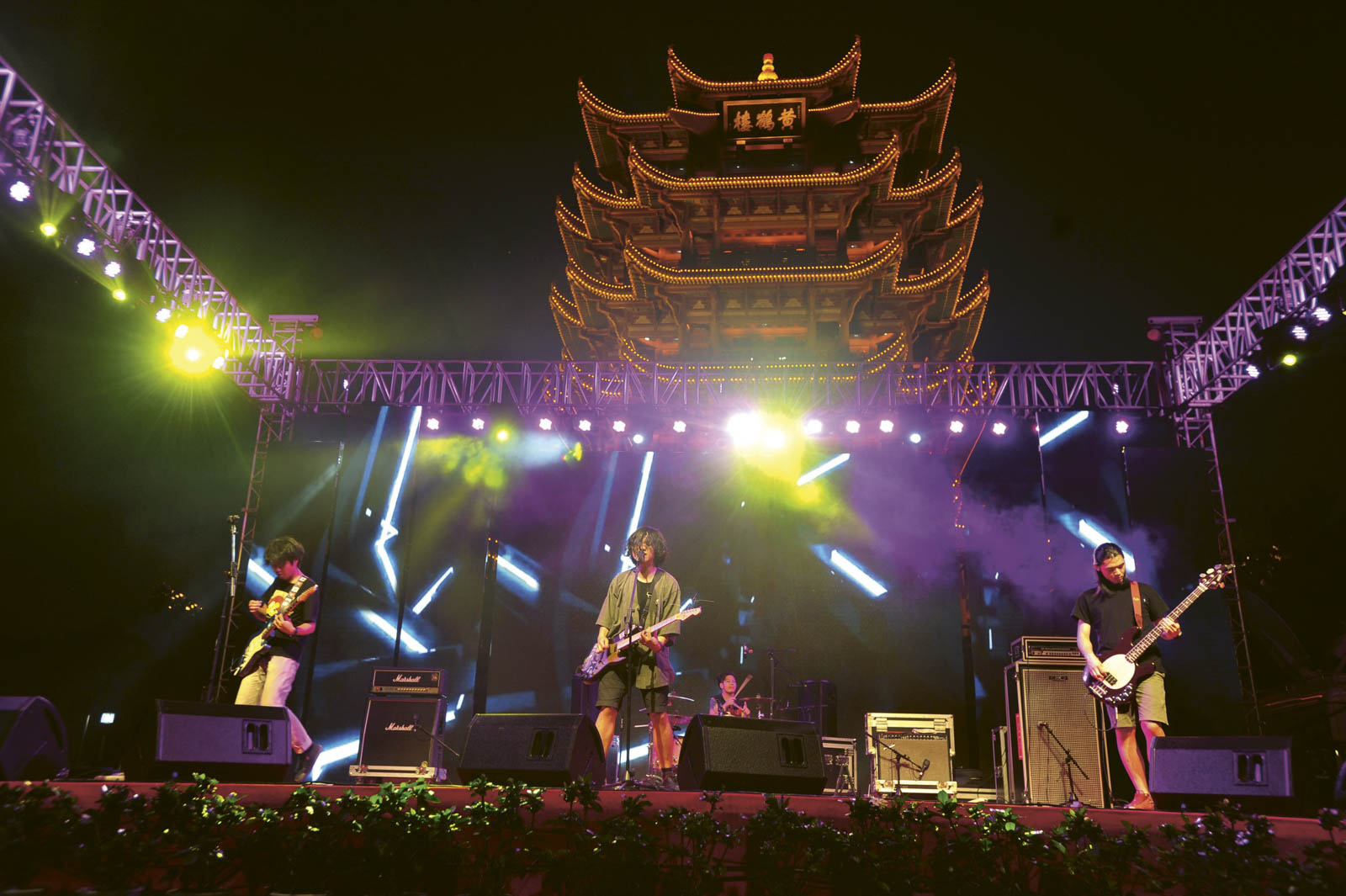
Wuhan, the most populous city in central China, is famous for its sweltering summer heat, its industrial manufacturing power, and a less likely cultural export: punk rock. As mohawks and fast, loud, three-chord rock tunes started to trickle into China in the 1990s, the genre somehow found a perfect foothold in this central Chinese megacity.
‘Wuhan was perfect for punk because the city is so hot, everything’s cheap and the people don’t follow the rules,’ says Kang Mao, who formed her first band, the all-female trio No Pass, in Wuhan in 1999. No Pass and other punk groups like the now-defunct trio Shit Dog and two-decade-old SMZB formed the core of Wuhan’s punk scene, which today is largely centred around the venue Vox Livehouse in the city’s Wuchang district.
Many of the scene’s founders have since moved on, with Kang Mao and Shit Dog guitarist Wu Hao moving to Beijing to form their current band Subs. But the punk rock ethos remains in Wuhan’s DNA and has spawned a younger, mellower generation of rockers such as Chinese Football, a melodic indie band gaining recognition throughout China and internationally.

Click here for more information.



